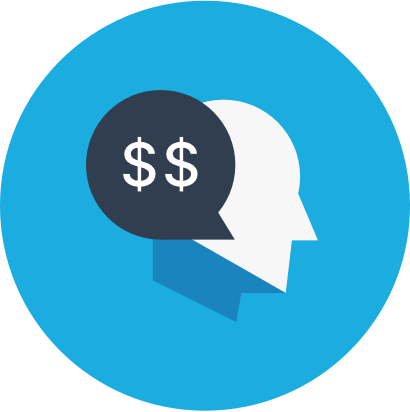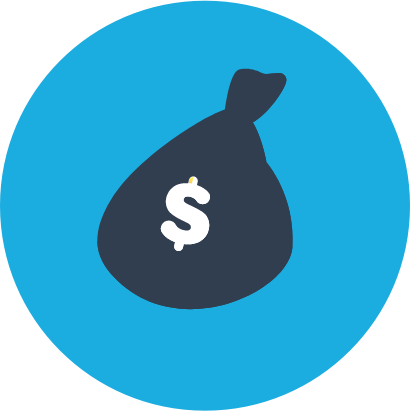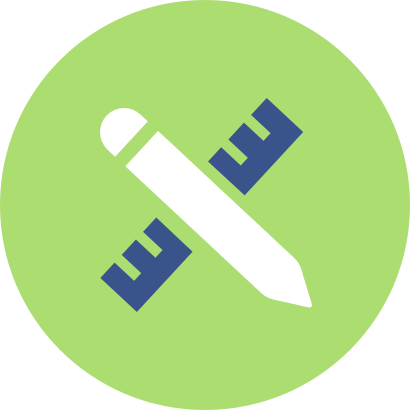Including indigenous cultures and values into education is not about making the Indigenous populations stronger. They are already strong. It’s about changing the way the world perceives that strength.”
Guanlin Gao, Ph.D., adapted from G.D. Anderson’s famous quote about feminism
Economics professor promotes financial literacy
Guanlin Gao, Ph.D., likes to play games. And during the recent National Association of Economic Education (NAEE) Conference at the Federal Reserve Bank of St. Louis, the Chaminade Economics associate professor and Director of Economic Education Center for Excellence devoted part of her presentation playing the Public Goods Game (PGG), in which players are given tokens—in this case Kona coffee beans—and given the opportunity to anonymously allocate them in either private or public funds.
“The purpose of the game is to let participants experience the indigenous culture through a hands-on game,” Gao explains. “The game is also related to the shared natural resources and land management of ahupua‘a, where people have shared responsibility and contribute to the common good with their expertise.”
This fundamental economic game has become a classic laboratory environment for studying collective group decisions in which participants decide how much to contribute to a common pool. The countervailing effect, however, is that there is an incentive for group members to “free-ride” on individuals who contribute positive amounts to the common pool.

Those who invested in the private fund could keep the funds, and divide the shares among its members. However, for those who invested in the public fund, they could either share the return among all the groups or simply keep the yield within their own group.
“On the East Coast, players would largely invest in private funds,” Gao says. “But in Hawaii, most players contribute to public funds, which evenly distributes the return among all members. We have a more inclusive culture in Hawaii, as opposed to individualism.”
The NAEE’s three-day Spring Professional Development Conference was attended by economic educators at the state and federal level, as well as educational institutions that house the equivalent to Chaminade’s Economic Education for Excellence. One of NAEE’s primary missions is to provide professional development programs and training for educators to promote economics, personal finance and entrepreneurial education in the classroom.
“Right now, the country is having a movement about economic literacy, and it starts at an early age,” Gao says. “We want the younger generation to have a foundational understanding of personal finance and economics. We want to provide them the tools they need to make informed financial decisions, and create a better life for themselves and for those around them.”
The overall goal of the three-day conference was to promote economic and personal financial education from K-12 through college. Various departments of education around the country already stipulate that students take an economics or personal financial class in order to graduate. Gao is working on this with Hawaii Department of Education but, in the meantime, she’s sharing her knowledge with other teachers.
“I wanted the participants to walk away knowing more about the unique, yet diverse cultures, in this country, and promote economics and personal finance education in a way that relates and speaks to the populations we serve,” Gao notes. “I also talked about the traditions of sharing, not owning in Hawaii (for example, abundance means we have a lot to share, not how much we own), and why the conventional economic assumptions of ‘everyone is self-interested’ and ‘the only goal for a firm is to maximize profit’ do not resonate with our students’ identities and beliefs.”
Consider the Facts*
Many young people lack the basic financial knowledge and skills to prosper in life. Like many educators, the Council for Economic Education cares about equipping students with the knowledge they need to improve their futures.


of Millennials demonstrate basic financial literacy

of America’s youth will earn less than their parents

Students reached by CEE programs and teachers

Teachers reached worldwide

Lessons, guides & activities for teachers




